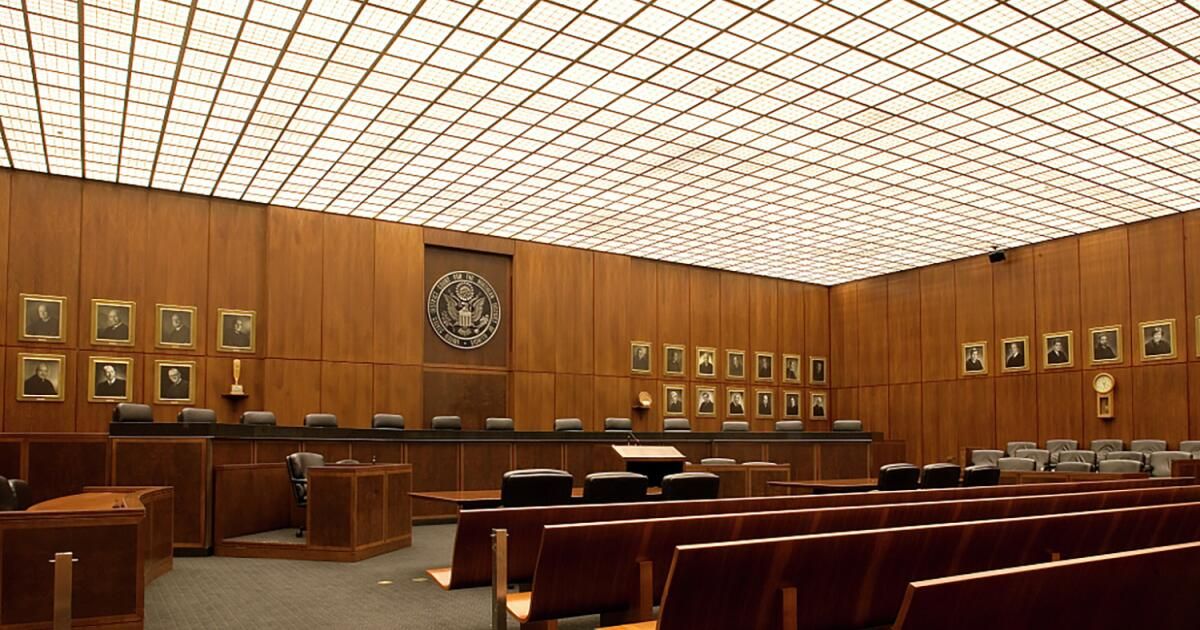Surveillance and prosecution for profit contradicts reasonable notions of justice and fairness, but is permitted in most US states. Through a process known as civil asset forfeiture, law enforcement agencies confiscate private property that they claim was somehow involved in a crime. And they can keep it, even if the owner is never criminally charged. This abusive practice has become a key source of funding for some police and sheriff departments.
Many of the constitutional rights that Americans are entitled to in criminal proceedings do not apply in civil forfeiture cases. The standard of proof is much lower than “beyond a reasonable doubt.” The government does not need to prove guilt, and in fact, people trying to recover property must prove their innocence, if they can afford it. They do not have the right to a lawyer, which means they have to pay for it out of their own pocket.
The asset forfeiture system is so egregious that a wave of reforms has swept the nation in recent years. In California, the government now at least has to prove that homeowners knew their property was involved in a crime, even if they didn't commit it.
But there is still a perverse incentive to confiscate property. California police agencies keep 65% of everything they seize if they win a civil forfeiture action in court. Prosecutors get 10%. An additional 1% goes to a fund controlled by the state prosecutors association.
It's a recipe for abuse and in some states it's much worse.
Let's think about Indiana. It is the only state in the United States that allows elected prosecutors to outsource civil asset forfeiture cases to private attorneys. Contractors get a substantial portion of what they win, and nothing if they lose, so they have every incentive to seize as much property as possible. But unlike government prosecutors, they do not have the responsibility of seeking justice. Your only task is to win.
It goes without saying that financial gain should play no role in a district attorney's decision to prosecute a case or a law enforcement agency's decision to enforce the law.
Other states that once had Indiana-style for-profit private prosecution schemes abandoned them long ago. In 2012, for example, a Georgia appeals court called that state's outsourcing practices “disgusting” and the Legislature banned them.
But it's different in Indiana, where well-connected private attorney Joshua Taylor holds the local prosecutor's forfeiture contracts in 20 of the state's 92 counties. In 2021, Taylor pursued $6,096 belonging to then-21-year-old Amya Sparger-Withers, who was facing marijuana possession charges at the time. However, unlike many forfeiture targets, Sparger-Withers fought back. With the help of the Institute for Justice, a libertarian-oriented public interest law firm, she filed a class-action lawsuit challenging the state's for-profit prosecution system.
He lost in a federal lower court, but is now appealing to the U.S. Court of Appeals for the Seventh Circuit.
The case has the support of a broad spectrum of the legal community who are rightly outraged by this government overreach (disguised as a private attorney lawsuit) against a legally innocent citizen.
Progressive district attorneys also signed a brief filed by Fair and Just Prosecution, including the Los Angeles County District. Lawyer. George Gascón, Contra Costa County District. Lawyer. Diana Becton and more than 50 other current and former prosecutors and law enforcement leaders. They support the long-established principle that prosecutors are more than just lawyers whose clients are the government and must be held to higher standards of justice.
The struggle to defend that principle against the sinister rejection of the conservative legal and police establishment is a strong undercurrent in the Sparger-Withers case.
That setback can be seen in the Philadelphia District impeachment trial. Lawyer. Larry Krasner by the Pennsylvania Legislature in 2022 and the Florida governor's dismissal of Hillsborough County State's Attorney Andrew Warren, and many other efforts, to seek what elected prosecutors considered the fairest outcome in cases, instead of doing everything possible to secure convictions and the harshest sentences possible.
The same type of reaction is evident in the Indiana federal judge's opinion in the Sparger-Withers case. He commented with evident disdain about “many sermons about the noble disinterest of prosecutors.” He stated that historically “there was no belief that the prosecutor had any special duty to justice in the abstract, other than his role as advocate for one of the parties in an adversary system.”
But he also noted that the Supreme Court wrote in a 1935 opinion that the proper goal of prosecutors “is not to [they] He will win a case but justice will be done.” It is an ancient principle with deep roots.
The American justice system is a notable achievement, although not perfect. While fraught with injustice, it is embedded in a broader system of democratic representation and civil rights that ensures a continuing process of reform. The Sparger-Withers lawsuit is part of that reformist tradition.
Arguments before the Seventh Circuit are expected later this year and will be closely watched. At stake are due process for Hoosiers and the rights of all Americans to a legal system in which elected prosecutors are expected to seek justice rather than profits for their agencies or their cronies in private law practice.












